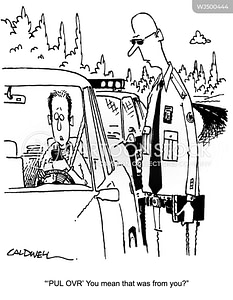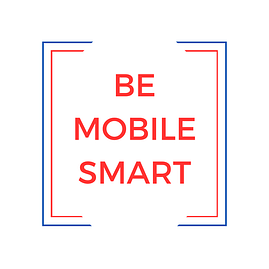
Dear Ms. Smartphone: I got pulled over by a CHP (California Highway Patrol) officer when I was stopped but looking down at my phone. For me, texting is not distracting. I was waiting at a long red light and reading an urgent text sent by our babysitter. Did I really do anything wrong here? The officer only gave me a warning but I still feel like this was unnecessary. Reed
Dear Reed: The issue you raise is important and I appreciate your question about whether texting is distracting. It gets to the heart of attention and multitasking. Most of us do not feel compromised when we engage in two activities at once, but there are angels out there, and the CHP that keep us safe, most of the time. No state completely bans all forms of cellphone use by drivers, but at least 24 of them have laws against using a handheld cellphone. Drivers can be cited when no other traffic offense takes place.
Officially, about 14 % of fatal crashes are caused by distracted driving involving cell phone use however the Canadian AAA- Quebec estimates that drivers have about twice as many accidents when using a cellphone compared to driving without any distractions. They cite that nearly one-quarter of all crashes involve cellphone use, including using cellphone hands-free.
But getting to your question, If your vehicle is fully stopped say at a red light, are you still at risk for a car accident? Accident reports are not that granular, but there are red flags here. Many drivers, like you, do not believe that TWD (texting while driving) imposes a risk. In a couple of studies, between 9 and 15% of drivers take out their phones when they are stopped. Fortunately this rate is likely to decline as drivers upgrade to newer cars with hands-free dashboards.
But even then, hands-free driving will not always be safer. A recent study reports that drivers talking on hands-free cell phones are more likely to ignore both high and low relevant objects, showing a lack of ability to allocate attention to the most important information. They miss the visual cues critical to safety and navigation. Try to imagine how you would feel if you knew that the pilot of a plane you were flying on was texting back and forth during take-off and landing.
Inattention Blindness:
Distracted drivers experience what researchers call inattention blindness, similar to that of tunnel vision. Drivers are looking out the windshield, but they do not process everything in the roadway that they need to effectively monitor their surroundings, seek and identify potential hazards, and respond quickly. If you are holding a phone manually, the risks are greater. In this case the phone both captures your visual attention and diverts your hands from the wheel.
In fact, cell phone use while driving has been found to be just as dangerous as driving under the influence of alcohol. Driving simulations find that found that the distracted drivers suffered performance deficits that were just as profound as the drivers under the influence of alcohol with a blood alcohol concentration of 0.08%.
Imagine for a moment what could have happened during your recent stop when the traffic light changed from red to green. Perhaps the car behind you gently honked to get a move on. If you had not been monitoring the road you might be more likely to accelerate, without taking into account an errant pedestrian or a bicycle that had crossed the path. Or, you might have accelerated like a jack-rabbit and rear-ended the car in front that had not moved.
For the Kids:
You mentioned that when you were pulled over by the CHP you were reading a text from the babysitter. Perhaps the best reason to give up this phone habit is for the well-being of the kids back home, so that you get home safely. When they are in the car with you, remember that children learn observationally. So, it’s a good idea to model safe driving for them by putting the phone away. One of these days they will become drivers too.
Depending on the condition of your car and your budget, you might consider upgrading to a vehicle that builds in a hands-free interface. But, this newer technology is not a carte-blanche for safe talk and text. Many traffic fatalities continue to occur when drivers use these systems because of cognitive distraction. No need for such big changes if you make a habit of getting off the road and catching up on your texts once the car is safely parked. Then you won’t be in the crosshairs of the CHP or in need of a newer car.

